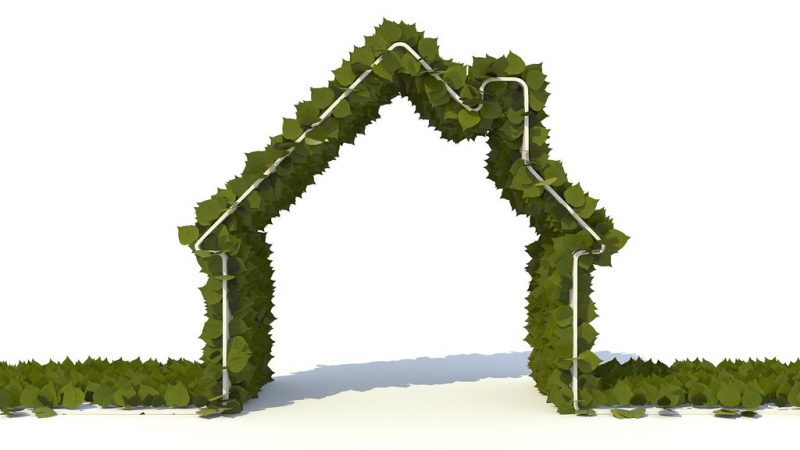
The growing energy and climate crises – not to mention the increasing effects of the current cost-of-living crisis – have seen the popularity of green homes rise.
More and more homeowners are trying to do what they can to improve the energy efficiency of their homes.
Partly this is because of a need to reduce utility bills and a recognition we all need to do what we can to positively impact the environment. However, there is also a financial reason to retrofit your home.
A recent ‘green paper’ published by Rightmove revealed there is direct correlation between the environmental performance of a property and a higher resell value given the ongoing bills for a green property will be less.
While newer builds are employing more and more green aspects, most properties will need to be adapted to make them more environmentally friendly. Here are some tips that will help you make your home greener home:
1. Turn your thermostat down!
If you turn your thermostat down by just 1°C you will immediately reduce your energy use.
2. Insulate your home well
Proper insulation (e.g. cavity or solid wall insulation and loft insulation) will increase your home’s energy efficiency as you’ll use less energy.
3. Use more natural materials
Try to use wood, stone, recycled glass and reclaimed bricks where you can rather than man-made materials. And try to find a local supplier to reduce packaging and transportation.
4. Use reclaimed materials
Using reclaimed materials helps reduce building waste and reduces the reliance on constantly manufacturing man-made materials which can lead to increase emissions as well as adding to transport-related pollution and fuel consumption.
5. Install renewable energy systems
Renewable energy sources like solar panels, heat pumps and biomass boilers will allow you to generate the energy you need from sustainable sources.
6. Consider smart heating controls
Smart heating controls allow you to keep a tighter control on how much energy you use in each room and when you use it.
7. Switch to LED Bulbs
LED lights use a fraction of the energy a traditional bulb would use. Improvements in their design and manufacture mean they can now match the light quality of a traditional bulb. More importantly, offer they offer a lifespan of 20,000 to 50,000 hours. This means that if you’re only using a lamp for 4 hours a day, would mean you’d get between 14 and 34 years from each LED bulb you instal.
8. Draught proofing
Sealing cracks and gaps around doors and windows sounds simple but it will help you keep heat in and, by extension, reduce your energy usage.
9. Insulating pipes and hot water tanks
Wraps and sleeves around your pipes and hot water tank will keep your water warmer for longer and reduce the need to expend energy to reheat water when you want to use it.
Legislation has already been passed to insist that all new buy-to-let properties will need to have EPC rating of C by 2025.
For some older properties this may simply not be commercially viable. The work required would be too substantive and too expensive. As a result, many landlords could end up selling properties.
This could provide more affordable properties for first time buyers, but it needs to be remembered that they would need to factor in the additional cost of renovating their properties so that they perform in a more environmentally friendly and cost-effective way.
If these renovation costs are seen to be prohibitive, the influx of ageing property onto the market could be an attractive prospect to commercial landlords looking to adapt them into HMOs.
If this blog has raised any questions or you would like to discuss moving home or buying or selling a property and want to make the process as easy as possible, please email me at Jeremy.Tulloch@collinshoy.com or call me on 0208 515 6600.